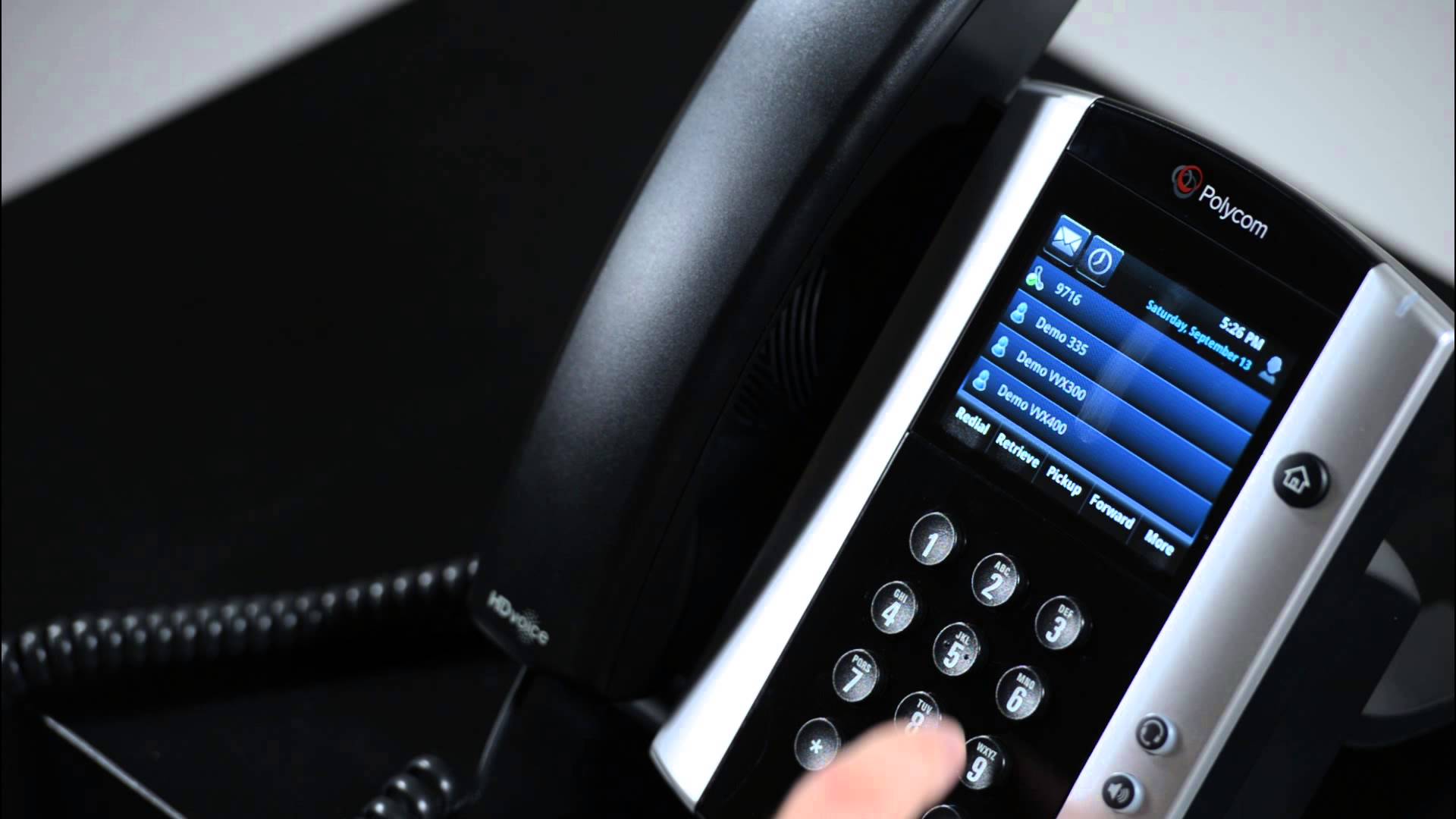
Many of the traditional PBX brands are struggling or have filed bankruptcy. Trusted names of the past such as Nortel, Avaya, Shortel etc are no longer the easy standby they once were. Nortel went out of business several years ago and Avaya filed for bankruptcy this year. Shortel was facing bankruptcy as well recently but merged with Mitel to escape it.
The reason the old model for purchasing a phone system is failing is due to the fact that newer cloud based technology is becoming the preferred method for business communications. Phone systems like cars lose value very quickly and the new cloud model requires very little capital and gives companies protection of being future proof.
That doesn’t mean there isn’t a place for the traditional phone system. In fact there is still very much a fit for them in certain instances.
Here is a list of things to consider and some tips for buying your next phone system:
Determine which voice platform to pursue based on how many handsets you need.
The reason this is important, is because like many things in telecom there is an economy of scale to determine if you should go cloud based VoIP phone system or premised based VoIP Phone system.
If you are purchasing a large number of a phones then it may be less expensive to purchase trunking and your own equipment.
If you are only looking for a small number of phones in branch locations for example then a cloud phone system will offer you three really good benefits:
1) No capital outlay and no equipment to manage
2) Quick install interval, the phones are shipped pre-configured and are literally plug and play (no technician required)
3) Flexibility. You can scale the office (number of phones) up or down very easily
Tip#1 – If you are purchasing less than 50 phones then cloud hosted VoIP will likely save you time and money. If you are purchasing over 50 phones at a single location and you have in-house IT support then it’s worth considering both the traditional model as well as cloud to see what fits best.
When reviewing a system test the quality of the phones and how easy, management of the platform is.
That seems like a “no brainer” question right? Well it’s really quite important because the market is full of cheap knock offs with poor sound quality. There are many IP phones on the market that do cool things like give you a big screen to put pictures or your logo on but the quality is very poor.
The same is true of the back end switch platform as well. Some will make all kinds of claims about ease of management etc but if the underlying platform is being run by some local guy in his basement rather than a reputable company with thousands of users and years of experience then you’re asking for trouble.
Tip #2 – You want to look for HD quality (High Definition Audio) and you want an open standard SIP phone not some proprietary phone that only works on one system. Remember just because it says Cisco or some familiar name doesn’t mean it has quality audio. A couple trusted examples are Polycom VVX series and Cisco 8000 series, stay away from the Yealink, Grandstream and Cisco SPAs of the world. The best cloud platforms on the market today are MetaSwitch https://www.metaswitch.com/ and Broadsoft https://www.broadsoft.com/ or FreeSwitch https://freeswitch.com/. There are some other home grown platforms such as RingCentral, Broadvoice and 8×8 that are top quality as well.
Determine what personnel you have to manage and support the system.
You might think that a good phone system would be mostly a “set it and forget it” kind of solution. However with the every changing needs of business and rapid pace of change you would be surprised how often that impacts your phones.
Employees leave, new ones are hired and that impacts the phones. How you handle lunch breaks and after hours affects the phones. New applications that integrate with the phone system affects the phones. Changes in advertising, or how calls are handled affects the phones. The list could go on and on.
Tip #3 You want to invest in a phone system that is not only easy to manage and make changes on but also allows those changes to be made on the fly and in-house. You want a system that is agile and flexible for the ever changing needs of your business. The days of scheduling a technician to come in and move phones or make changes is too costly and frankly too slow.
After all if I can change my ring tone on my cell phone in less than a minute I should be able to change the location of a phone in the office without a technician. Lastly If you have an IT staff who is skilled in managing an IP network and understands phones then you want to find a system that IT can self-administer. If you do not have an IT staff or they just don’t have a lot of experience in phone systems then you want a cloud system with free 24×7 support.
Get a free demo and consult with a phone system expert.
{{cta(‘33420533-d10f-44c4-8099-76d83d9e432d’)}}






